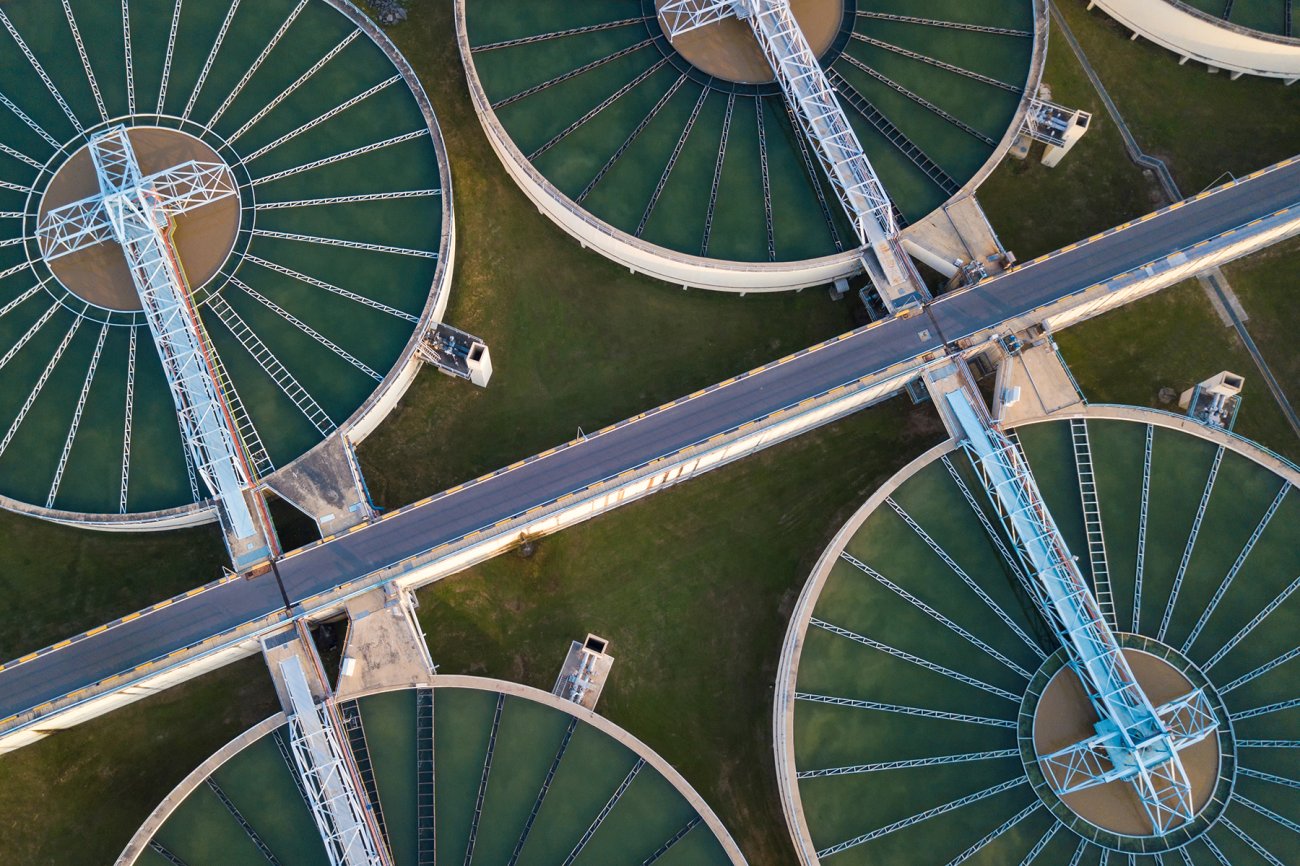The smart Trick of Reclaim Waste That Nobody is Talking About
The smart Trick of Reclaim Waste That Nobody is Talking About
Blog Article
Reclaim Waste for Beginners
Table of ContentsExamine This Report on Reclaim WasteOur Reclaim Waste PDFsSome Known Incorrect Statements About Reclaim Waste The Ultimate Guide To Reclaim WasteNot known Facts About Reclaim Waste
Explore the kinds, incidents, and kinds of fluid waste. Residential sewage waste describes the waste and items from a residential septic system. This type of waste is developed by people in houses, institutions, and other structures. This only consists of septic systems that have a drainpipe field. The proper administration and disposal of residential sewage waste need fluid waste to be moved to a sewage treatment plant where the appropriate methods and equipment are applied to cleanse and dispose of waste.
Business waste often consists of potential hazards, such as combustible products or a mix of fluid and solid waste products, and needs a more advanced and thorough disposal process. The disposal of industrial waste normally includes the purification of waste prior to transport to ensure safe and appropriate disposal. Industrial waste is developed from results and runoff of commercial processes and manufacturing.
This type of waste can not use the exact same sewer management transportation or processes as septic or commercial fluids. The hazardous waste management process needs the inspection and screening of liquid waste before it goes through the disposal procedure (liquid waste removal). Drainage waste is the liquid waste that originates from runoff and excess stormwater in highly inhabited locations or cities
Drainage waste can trigger contamination and flooding if not handled correctly. Ensuring proper waste monitoring can protect against calamities and reduce ecological injury.
Reclaim Waste Things To Know Before You Get This
Contact PROS Solutions today to find out regarding our waste management and disposal solutions and the proper means to care for the liquid waste you create.
(https://padlet.com/leonaube33101/reclaim-waste-hw71hge954tsaxnp)This so-called 'wastewater' is not just a vital resource yet, after treatment, will be launched to our land, rivers or the sea. Used water from bathrooms, showers, bathrooms, cooking area sinks, laundries and industrial procedures is recognized as wastewater.

water made use of to cool down equipment or clean plant and tools). Stormwater, a type of wastewater, is drainage that flows from farming and metropolitan areas such as roofs, parks, gardens, roadways, courses and seamless gutters right into stormwater drains, after rainfall. Stormwater moves without treatment directly to neighborhood creeks or rivers, at some point getting to the ocean.
How Reclaim Waste can Save You Time, Stress, and Money.
In Queensland, most wastewater is treated at sewage therapy plants. Wastewater is transported from residential or industrial sites with a system of drains and pump terminals, referred to as sewage reticulation, to a sewer treatment plant. City governments construct, keep and run most sewage treatment plants. Operators are licensed under the Environmental Security Act 1994 to discharge cured wastewater at an appropriate ecological requirement into rivers.
The Division of Natural Resources suggests city governments about managing, operating and preserving sewerage systems and therapy plants. In unsewered areas, regional federal governments might call for owners to set up private or house sewer treatment systems to deal with domestic wastewater from commodes, kitchens, bathrooms and laundries. The Department of Natural Resources authorizes using home systems when they are confirmed to be reliable.
In some brand-new class, treatment of some stormwater to get rid of trash, sand and gravel has actually begun making use of gross contaminant traps. Wastewater therapy occurs in 4 phases: Eliminates strong issue.
Utilizes small living organisms knows as micro-organisms to damage down and get rid of staying dissolved wastes and great particles. Micro-organisms and wastes are integrated in the sludge.
The Basic Principles Of Reclaim Waste
Nutrient removal is not available whatsoever sewage treatment plants because it requires expensive specialist tools. It is coming to be a lot more usual in Queensland. Clear liquid effluent generated after treatment may still consist of disease-causing micro-organisms. If this effluent is launched into waterways such as rivers or the sea, the micro-organisms will eventually die out.

The majority of wastewater streams into the sewerage system. Under the Act, local federal governments carry out approvals and permits for eco pertinent activities (Periods) including wastewater launches that could have a regional impact.
Reclaim Waste - Truths
Surveillance gives dig this valid information regarding water high quality and can confirm that licence conditions are being met. The info acquired via monitoring offers the basis for making water high quality choices.
Report this page